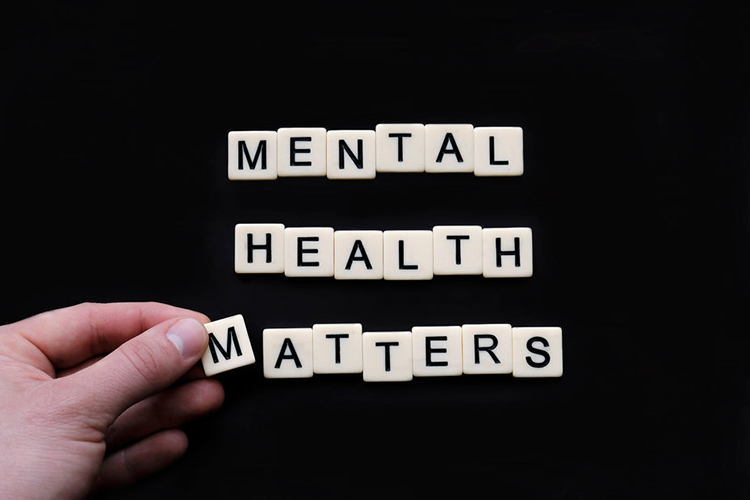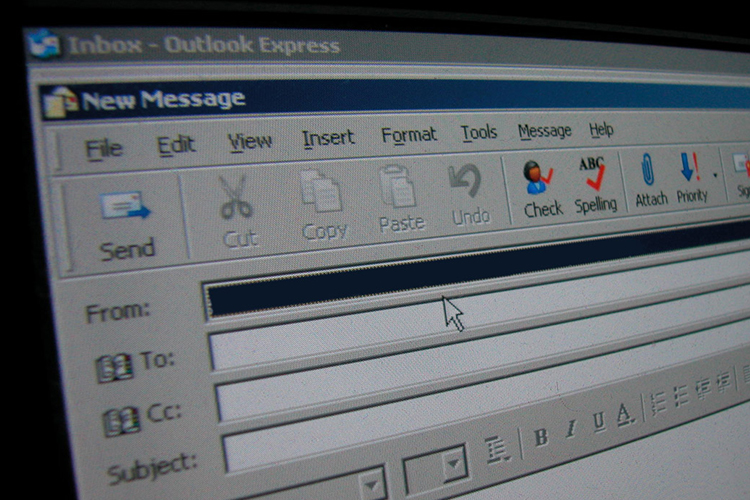
We have all been forced to endure changes frequently referred to as “the new normal” during the pandemic. One day, we were working from home with nothing to do afterwards but bake yet another loaf of banana bread (don’t worry, we all did it!). The next day, we were forced to be back into the office before the sun came up and were returned to our pre-pandemic lifestyles where we had to rush to do the things that were important to us such as attending our kids practices and recitals, volunteering, visiting with friends, and doing housework all before ever having the chance to sit down and relax.
While we can all acknowledge that change is a part of life, its important to remember that it is never easy to deal with, particularly when the changes that you endure are things that are beyond your control.
Here at ACFO-ACAF, we understand how changes like these can take a significant toll on your mental health, as well as the mental health of those around you. With this in mind, we’ve provided you with:
- Some insight into the assistance programs that available to you as a federal public servant;
- Some ways that you can spot a co-worker who may be struggling; and
- What you can do to help them in their time of need.
The Employee Assistance Program
One of the premier programs that our members can take advantage of is the Employee Assistance Program (EAP). The EAP is a program which provides free, short-term counselling for personal or work-related problems as well as crisis counselling for federal public servants and their immediate family members.
Through the EAP program, you have access to a counsellor 24 hours a day, seven days a week. They are available to talk over the phone if you require immediate support, or you can book an appointment to meet with a counsellor for a longer session either in person or via telephone, email, or video call. EAP services are available in both official languages, as well as through TTY for deaf or hard of hearing people.
For more information surrounding the EAP program, check out this post.
Signs that someone you know may be struggling
Whether you’re a family member, friend, or co-worker of someone who is struggling with their mental health, having the ability to recognize the signs of someone who is struggling is extremely important. Reaching out for help can be a daunting task when you’re in a time of need, but oftentimes, things appear to be a bit easier when someone else is there to help you get through it.
Here are some examples that have been identified by the Mayo Clinic as signs that someone may be struggling with their mental health:
- Feeling sad or down;
- Reduced ability to concentrate;
- Extreme mood changes of highs and lows; and
- Withdrawal from friends and activities.
Offering help to a struggling individual
With a better understanding of how to recognize when someone may be struggling with their mental health, it’s important to know how you could extend a helping hand. While every individual is different, and the way that you will approach them varies depending on your relationship and comfort level with one another, here are some examples of ways that you can show someone that you are there for them in their time of need:
- Expressing your concern;
- Asking questions, listening to responses, and being supportive;
- Offering to help them with small tasks; and
- Treating them with respect, compassion, and empathy.
However, it’s important not to push someone to open up if they aren’t ready to talk—you can simply ask them how you can help and respect their wishes. It’s also important not to jump to conclusions or judgments about someone’s mental health condition and to leave it to the mental health experts you can point them towards.
Example
You and Jason have been working together for a few years. During that time, you have come to know Jason as someone who always makes people smile and goes out of his way to check up on everyone and make sure they’re doing well.
One day, you notice that Jason comes into the office and goes straight to his desk, throws headphones in, and gets to work before he has a chance to do his regular meander around the office. Before you know it, the end of the workday arrives, and Jason packs his stuff and leaves, giving those he passes on his way out the door nothing but a slight head nod.
This occurs the next few times Jason is in the office, which is extremely uncharacteristic for him. This could be a sign that Jason is dealing with something, either personal or work-related, that has resulted in a deterioration of his mental health.
In a case like this, as someone who has known Jason for a few years and has built up a good personal and professional relationship with him, you could reach out to him using some of the strategies mentioned above.
Need help or want to learn more?
If you’re having issues at work which are affecting your mental health – such as conflict with coworkers or management, discrimination or harassment – consider also reaching out to the ACFO-ACAF Labour Relations team at labourrelations@acfo-acaf.com. Our team of labour relations advisors will be able to give you advice on a course of action, help with informal conflict resolution or file a grievance if required.
If you’re interested in learning more about mental health, register today for our Mental Health and Wellness Seminar.





